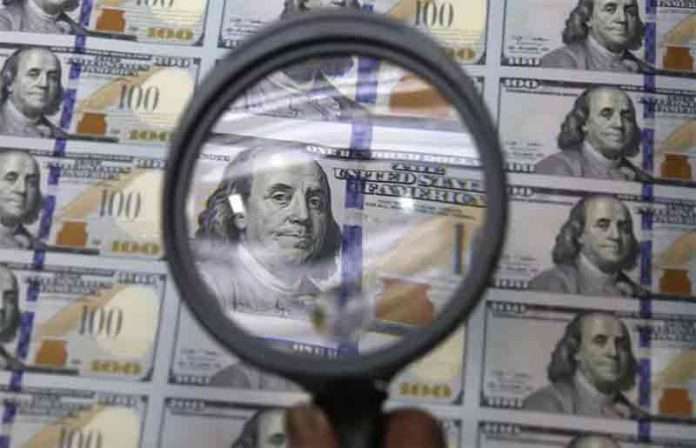Amid accusations of discrimination in distribution of vaccines during the pandemic, a news agency report in mid-June asserted that scammers and swindlers in the United States potentially swindled about US$280 billion in COVID-19 emergency aid, in addition to the $123 billion that was wasted or misspent by government agencies during this period.
The report explained that the bulk of the potential losses of over $400 billion were from the two SBA programs, and from another program to provide unemployment benefits to workers left unemployed by the economic upheaval caused by the pandemic. Together the estimated losses from the three initiatives represented 10 percent of the $4.2 trillion the US government disbursed in COVID relief aid.
The federal government has now confirmed that $276 billion — a figure that aligns with the earlier agency analysis — had been lost in potential fraud.
The numbers issued in the last week of June by the US Small Business Administration (SBA) inspector general, were much greater than the office’s previous projections of fraud during the worst public health crisis in more than a hundred years.
The revelation by the watchdog investigating federally funded programs that helped small businesses in the US survive during the pandemic, underscores how vulnerable the Paycheck Protection Program (PPP) and COVID-19 Economic Injury Disaster Loan (EIDL) programs were to fraudsters, particularly during the early stages of the coronavirus pandemic.
The inspector general’s report said that at least 17 percent of all COVID-EIDL and PPP funds were disbursed to potentially fraudulent actors. According to the report, the fraud estimate for COVID-19 EIDL program was more than $136 billion, representing 33 percent of the total money spent on that program, while the PPP fraud estimate was $64 billion. The SBA inspector general had previously estimated fraud in the COVID-19 EIDL program at $86 billion and the PPP at $20 billion.
The SBA inspector general said in a statement that the report “utilizes investigative casework, prior (inspector general) reporting, and cutting-edge data analysis to identify multiple fraud schemes used to potentially steal over $200 billion from American taxpayers and exploit programs meant to help those in need.”
However, Bailey DeVries, SBA’s acting associate administrator for capital access, disputed the numbers in the report. He said the inspector general’s “approach contains serious flaws that significantly overestimate fraud and unintentionally mislead the public to believe that the work we did together had no significant impact in protecting against fraud.”
Adding to the report on money lost to fraud, an additional $115 billion mistakenly went to people who should not have received the benefits, according to congressional testimony issued by the US Labor Department’s Inspector-General.
The US government has since put in place stricter rules to stem pandemic fraud, and also recently proposed a $1.6 billion plan to boost law enforcement efforts to go after pandemic relief fraudsters.
Looking at the economic impact of pandemic fund fraud, John Griffin, a finance professor at the University of Texas said, fraudulent payouts have had several negative consequences on the market, including an increase in house prices and higher inflation.
A study conducted by Griffin and his colleagues showed that people who fraudulently obtained Paycheck Protection loans were more likely to buy a house than people who got legitimate loans. This resulted in housing prices increasing by 5.7 percentage points on average in areas with high amounts of pandemic fund frauds. In addition, the study revealed an increase in consumer spending in areas where people received funds fraudulently, which may have fueled inflation more broadly.
Meanwhile, Bob Westbrooks, a former executive director of the federal Pandemic Response Accountability Committee, said in a recent interview that the $200 billion number is “unacceptable, unprecedented and unfathomable.” He added, “The swift distribution of funds and program integrity are not mutually exclusive. The government could have both walked and chewed gum at the same time. They should have put basic fraud controls in place to verify people’s identity and to make sure targeted relief was getting into the right hands.”

















